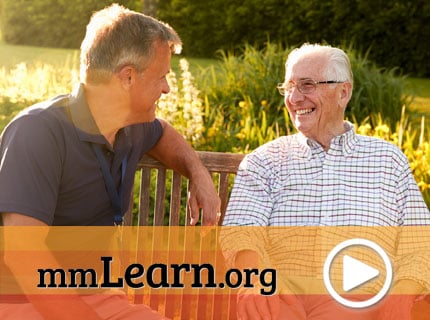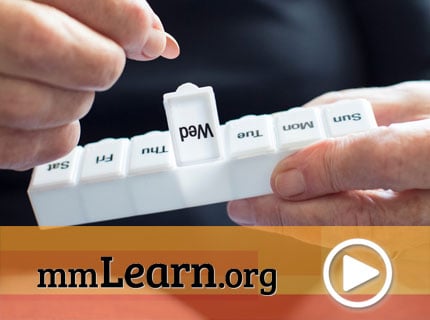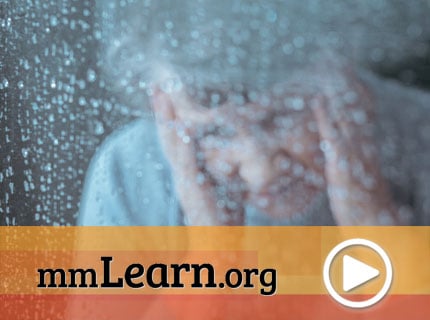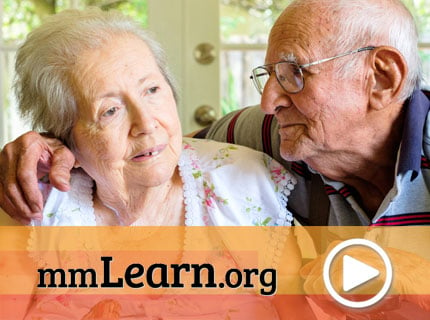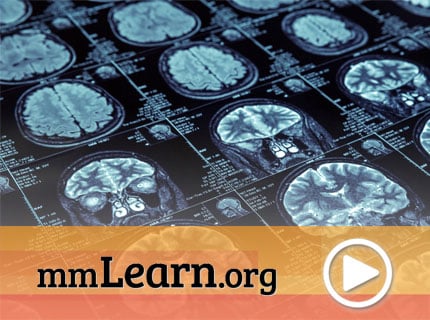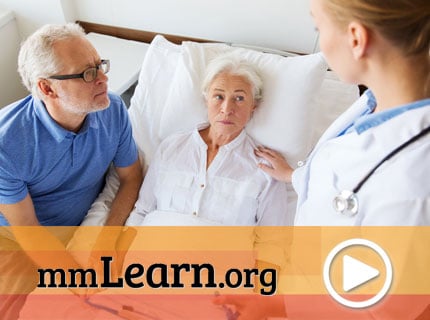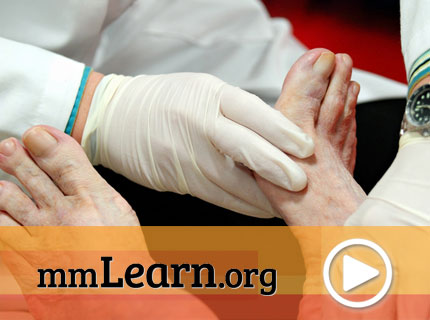Presenter: Dr. George Perry, PhD
It's not often that we get to sit down with someone who is actually conducting Alzheimer's research. We were privileged to have an opportunity to sit down with Dr. George Perry, UTSA Dean of College of Sciences and Professor of Biology, Semmes Foundation Distinguished Chair in Neurobiology and talk about the Alzheimer's research he is doing.
These are just a few of the questions he answered during our interview:
- Do we know what causes Alzheimer's disease?
- What are the correlations between diet, exercise and other lifestyle choices play who is a potential to develop Alzheimer's?
- What is the possibility of finding a vaccine for Alzheimer's disease?
- What affects do the current medications have on the disease?
- What kind of research is currently being done at UTSA?
- What is the process of approval for a drug?
- Why do you think early detection of Alzheimer's is critical?
- What screening tools are used to detect Alzheimer's disease?
- Do you see progress being done to reverse Alzheimer's disease?

